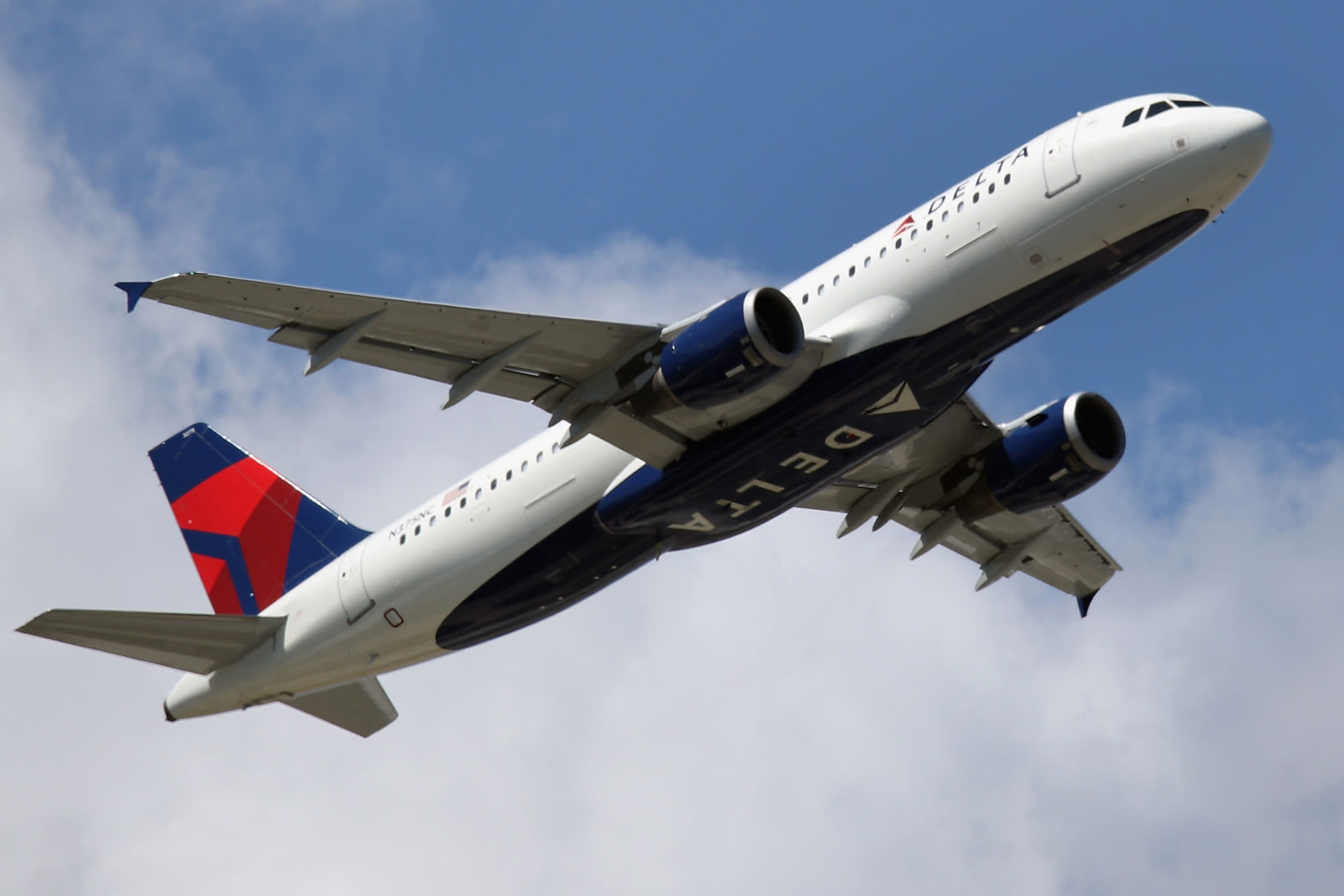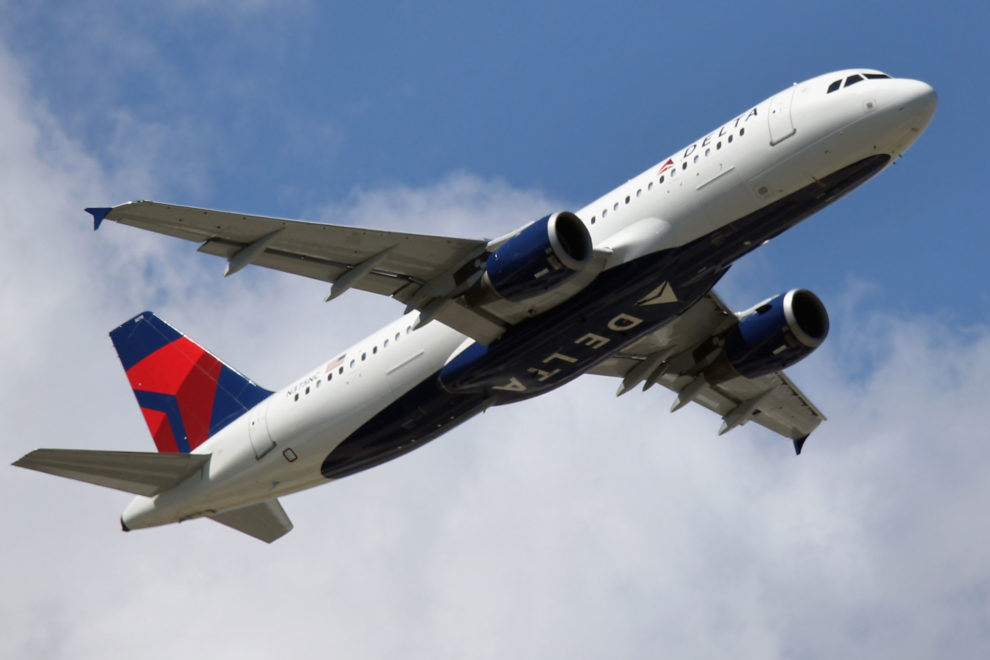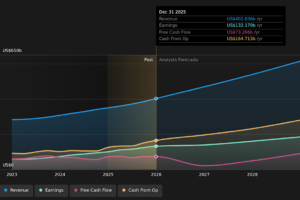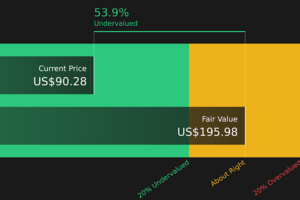
An Airbus A320-212 operated by Delta Airlines takes off from JFK Airport on August 24, 2019 in New York City.
Bruce Bennett | Getty Images
Delta Air Lines on Thursday forecast continued revenue growth next year, thanks to strong consumer spending, particularly passengers who buy seats at the front of the plane.
The guidance sent shares of the airline up 2% in the premarket.
The Atlanta-based airline expects revenue to grow by 4% to 6% in 2020 to about $49 billion, and per-share earnings to come in at $6.75 to $7.75, compared with $7.03 expected by analysts.
The most profitable U.S. airline will tell investors on Thursday about its plans to continue to bolster sales of its higher-priced products such as business-class seats. The airline’s executives have touted its ability to get travelers to pay more for seats and have said that would help it weather a potential downturn.
Delta’s premium-class revenue is growing at twice the rate of its revenue overall, the airline said in an investor day presentation, reaching an estimated $15 billion this year. The carrier’s credit card business — a partnership with American Express — is also expanding and will bring in about $4 billion this year and $4.4 billion in 2020, the airline said.
“The U.S. consumer spend is strong, the business spend is strong,” CEO Ed Bastian told CNBC’s Phil LeBeau in a “Squawk Box” interview in Atlanta.
Delta doesn’t have the Boeing 737 Max in its fleet and Bastian said the airline didn’t see a “material benefit” from the grounding of the planes, now in its 10th month. Delta’s competitors American, United and Southwest have the Max in their fleets and have canceled thousands of flights because of the grounding.
Bastian brushed off concerns that the additional capacity in the market when the planes are cleared to fly would dent fares.
Investors will hear from Delta executives Thursday morning about other initiatives such as its partnerships with foreign airlines, including the newly announced deal with Latin America’s largest airline and longtime American partner, LATAM.
The carrier could also face questions about how new tariffs on Airbus jets would affect its bottom line.







